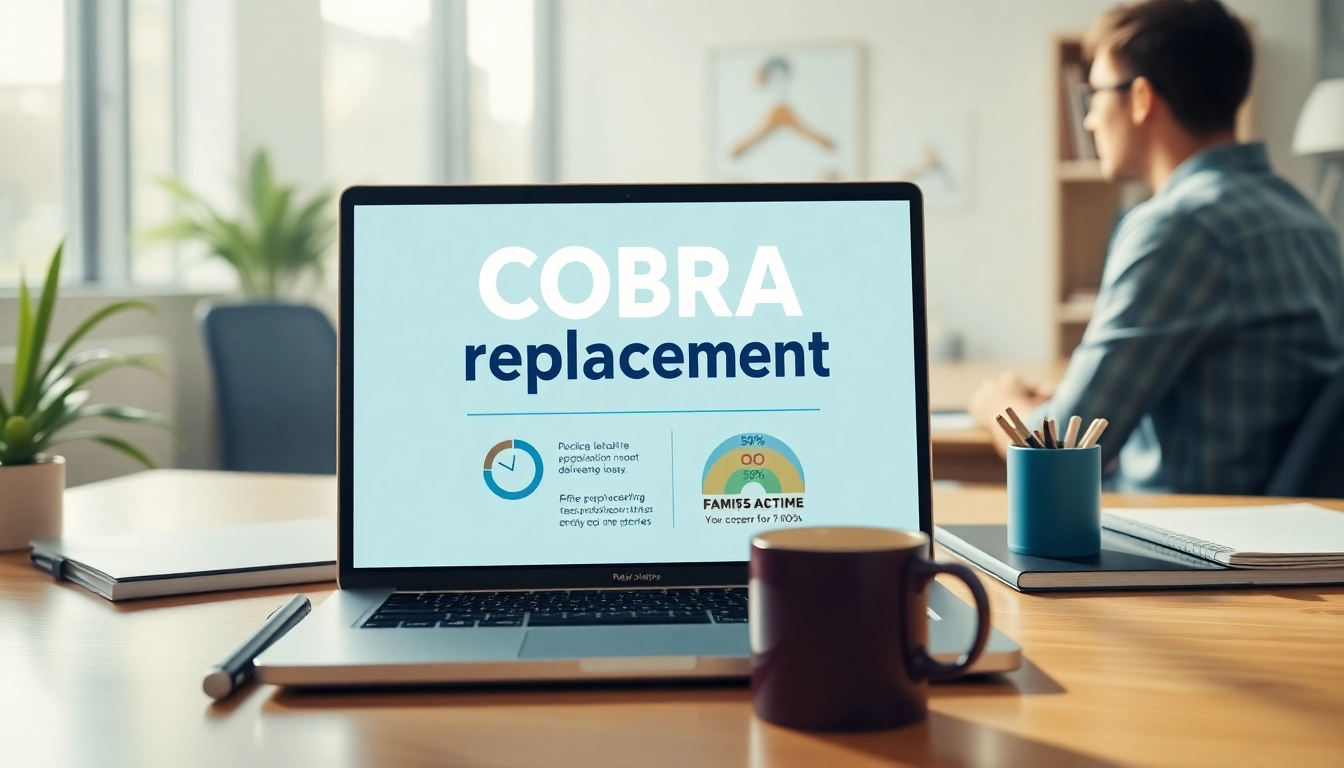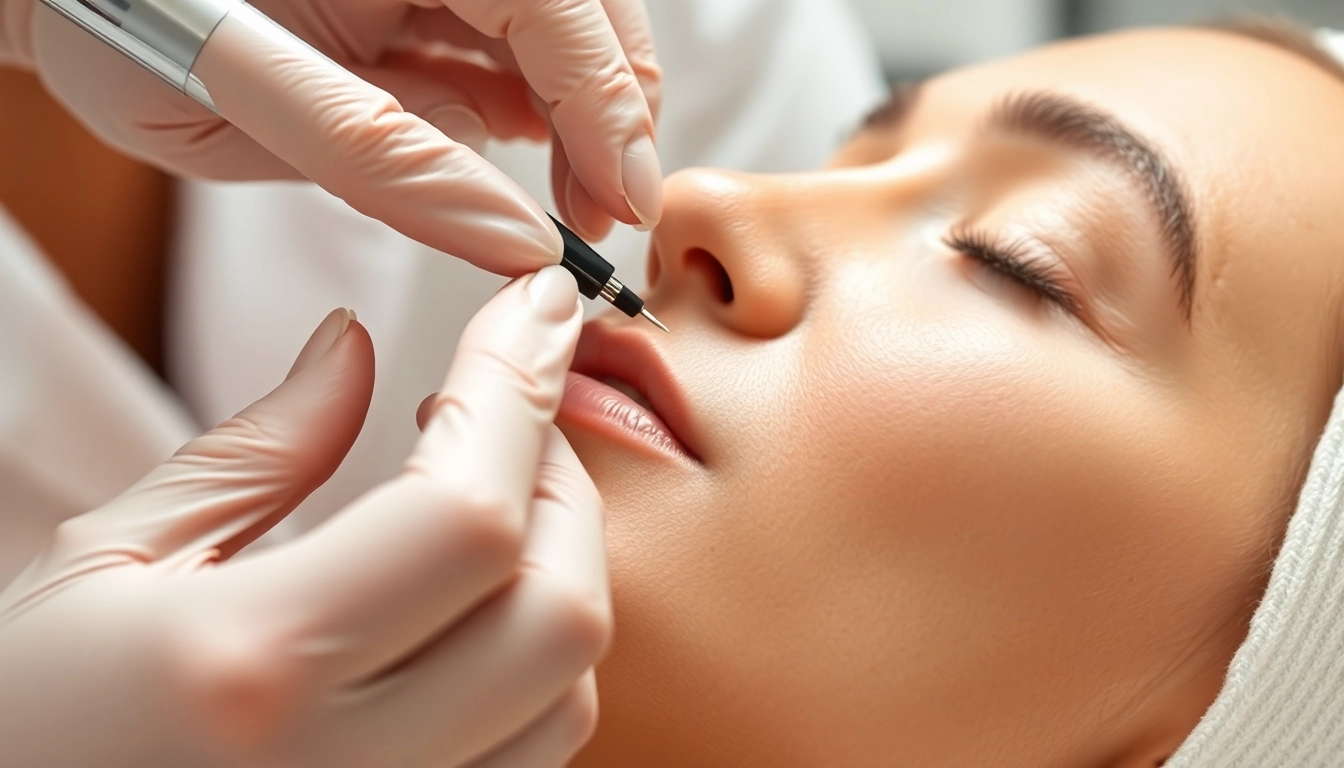Understanding Drug Addiction: Causes, Symptoms, and Initial Steps
Drug addiction remains one of the most complex public health challenges faced worldwide, including in Kyiv, Ukraine. The intricate interplay of biological, psychological, and social factors contributes to its persistent prevalence. According to recent statistics, approximately 1.5 million Ukrainians are affected by substance use disorders, with an alarming annual increase of 8-10%. The global trend reveals a lowering age of onset, making early detection and intervention critical. If you or someone close to you struggles with substance dependency, exploring effective treatment for drug addiction is essential for a safe and lasting recovery. Recognizing early signs of dependence can significantly improve treatment outcomes and prevent long-term health complications.
Common Causes Leading to Addiction and Risk Factors
Understanding the root causes of drug addiction is fundamental in both prevention and treatment. Various factors contribute to the development of dependence, including genetic predispositions, mental health disorders, environmental influences, and traumatic experiences. For instance, individuals with a family history of addiction tend to have a higher risk due to inherited vulnerabilities. Psychological factors such as depression, anxiety, or unresolved trauma can lead to self-medicating behaviors with substances. Additionally, social environments—peer pressure, availability of drugs, and socio-economic struggles—are potent triggers. Early exposure during adolescence accelerates the risk, as the brain’s formative years are particularly susceptible to addiction pathways. Addressing these factors through comprehensive assessments allows specialists to tailor treatment plans effectively.
Recognizing Early Signs of Drug Dependence
Early detection of drug dependence is crucial to effective intervention. Typical behavioral signs include sudden changes in social circles, neglect of responsibilities, secrecy, and financial instability. External indicators may encompass physical signs such as bloodshot eyes, weight fluctuations, changes in appearance, or unexplained injuries. Mental health symptoms include mood swings, paranoia, hallucinations, and severe anxiety or depression. Recognizing these manifestations at an early stage provides a window of opportunity for timely treatment, preventing the progression to full-blown addiction crises. Parental guidance, workplace awareness, and community education play vital roles in fostering a proactive approach in identifying at-risk individuals.
Initial Assessments and Diagnostic Approaches
Prior to beginning treatment, a thorough assessment establishes the extent and nature of dependency. Medical professionals utilize a combination of physical examinations, blood tests, psychological evaluations, and validated diagnostic criteria such as DSM-5. These assessments help determine the severity of addiction, co-occurring mental health issues, and physical health concerns that influence the treatment plan. Accurate diagnosis is essential for selecting appropriate interventions, whether pharmacological, psychotherapeutic, or integrative. In Kyiv, reputable centers employ multidisciplinary teams skilled in early detection and personalized care, ensuring that each patient’s unique needs are addressed comprehensively.
Key Stages and Methods of Treatment for Drug Addiction in Kyiv
Medical Detoxification and Stabilization Techniques
The initial stage of overcoming drug dependence involves medically supervised detoxification, often called detox. This process aims to safely remove toxic substances from the body, alleviating withdrawal symptoms that can be severe and sometimes life-threatening, such as seizures or cardiac complications. Treatment centers in Kyiv utilize both traditional and innovative detox methods, including classical inpatient detox and ultrarapid detox (UБОД). During detox, patients receive supportive medications—such as sedatives, anticonvulsants, and vitamin therapy—and are continuously monitored by medical staff. The goal is to reach a physically stable condition, laying the groundwork for subsequent psychological and social rehabilitation. Proper detoxification significantly reduces relapse risk during early recovery phases.
Psychotherapeutic Approaches: Counseling and Behavioral Therapies
Psychotherapy serves as the cornerstone of long-term recovery by addressing underlying psychological issues and behavioral patterns. In Kyiv, centers adopt evidence-based modalities such as cognitive-behavioral therapy (CBT), motivational interviewing, and the 12-step program. CBT helps patients identify and modify maladaptive thought patterns and habits that may trigger relapse. Motivational interviewing enhances intrinsic motivation for change, facilitating engagement with treatment. Family therapy also plays a key role in restoring relationships and creating a support system. Trained therapists work closely with each individual, fostering resilience, coping strategies, and relapse prevention skills, which are vital for sustained sobriety.
Long-term Rehabilitation and Relapse Prevention Programs
Rehabilitation extends beyond detox and initial therapy, involving a comprehensive plan to reintegrate patients into society. In Kyiv, effective programs combine individual and group therapies, vocational training, social skills development, and ongoing psychological support. Duration varies based on individual needs but typically lasts several months to a year. Relapse prevention is embedded throughout, with structured relapse management plans and regular follow-up counseling. Support groups, such as sober communities and peer mentoring, reinforce commitment and provide ongoing encouragement. Recognizing that addiction is a chronic disease, these extended services increase the likelihood of lasting recovery, stability, and improved quality of life.
Innovative Approaches and Evidence-Based Practices in Kyiv
Holistic Therapies and Cognitive-Behavioral Methods
Modern addiction treatment in Kyiv increasingly emphasizes holistic approaches. Integrative therapies such as art therapy, music therapy, mindfulness, and yoga complement traditional methods to promote overall well-being. These techniques help patients manage stress, improve emotional regulation, and foster self-awareness, which are crucial in preventing relapse. Cognitive-behavioral techniques are tailored to enhance problem-solving skills and develop healthier responses to cravings and life stresses. Evidence suggests that combining these modalities yields better outcomes than standard approaches alone, empowering patients with versatile tools for long-term sobriety.
Medication-Assisted Treatment (MAT) and Its Role
Medication-assisted treatment (MAT) is an essential evidence-based practice combining FDA-approved medications with counseling and behavioral therapies. In Kyiv, MAT is widely used for opioid, alcohol, and some stimulant dependencies. Medications such as methadone, buprenorphine, and naltrexone stabilize brain chemistry, reduce cravings, and normalize functioning, substantially increasing recovery success rates. Proper administration under medical supervision ensures safety and minimizes misuse risks. Integrating MAT within a comprehensive treatment plan offers a balanced approach, addressing both physical dependence and psychological factors, making it a cornerstone of effective addiction management.
Integrating Family and Social Support Into Recovery
Social support systems are critical in sustaining recovery. Family involvement through counseling sessions enhances understanding, repairs damaged relationships, and fosters a supportive environment. Peer support groups enable patients to share experiences, coping strategies, and encouragement. Community-based programs in Kyiv facilitate social reintegration, job placement, and housing stability—factors proven to reduce relapse odds. Creating a network of ongoing support empowers patients to face life’s challenges confidently and maintains long-term sobriety.
Cost, Confidentiality, and Choosing the Right Treatment Center
Pricing Options and Insurance Coverage in Kyiv
Financial considerations are fundamental when planning treatment. In Kyiv, treatment costs vary depending on the program’s intensity, duration, and the services provided. Centers like «Троицкий» maintain transparent pricing, offering various packages tailored to individual needs. Many facilities accept insurance coverage or work with public support programs, easing financial burdens. It is essential to inquire about payment plans, subsidies, and potential insurance reimbursements to understand the full scope of expenses involved. Investing in quality treatment ensures better recovery prospects and holistic care.
Guarantees of Confidentiality and Privacy During Treatment
Respect for patient privacy forms the ethical backbone of reputable treatment centers. In Kyiv, leading facilities adhere strictly to confidentiality laws and professional standards, ensuring that personal data and treatment details remain secret. Anonymity encourages more individuals to seek help without fear of stigma or discrimination. Confidential treatment also fosters trust, enabling patients to engage fully in their recovery journey with peace of mind. Clear policies, secure record-keeping, and discreet communication are standard features of high-quality centers, making privacy a priority.
Criteria for Selecting a Reputable Treatment Facility
Choosing the right center is vital for effective recovery. Key factors include staff qualifications, accreditations, comprehensive services offered, and patient testimonials. Look for centers with multidisciplinary teams comprising doctors, psychologists, social workers, and support staff trained in addiction medicine. Facilities that employ evidence-based practices, prioritize patient safety, and guarantee confidentiality are preferable. Additionally, convenient location, affordability, and flexible program options enhance the overall experience. Visiting the center, reviewing success stories, and consulting with staff can aid in making an informed decision.
Empowering Recovery: Support Resources and Success Stories
Community Support Groups and Peer Programs
Long-term recovery relies heavily on sustained community and peer support. Groups like Alcoholics Anonymous (AA), Narcotics Anonymous (NA), and local Ukrainian support organizations provide ongoing encouragement, shared experiences, and accountability. Regular attendance fosters a sense of belonging, reduces feelings of isolation, and reinforces sobriety goals. Peer mentors who have overcome addiction can offer invaluable guidance and motivation, making these networks an essential complement to professional treatment.
Worksheets for Detecting Relapse Triggers
Prevention tools such as relapse trigger worksheets help patients identify high-risk situations, emotional states, or environmental cues that may prompt substance use. These exercises involve self-reflection and developing coping strategies tailored to individual vulnerabilities. Maintaining awareness of triggers fosters proactive management and resilience, especially when facing stress, peer pressure, or difficult life events. Such practical resources empower patients to navigate recovery with confidence and preparedness.
Real-Life Testimonials of Overcoming Drug Addiction
Stories of successful rehabilitation inspire hope and demonstrate the possibility of lasting change. For instance, many former patients at the «Троицкий» center have shared experiences of overcoming profound dependence, rebuilding relationships, and rediscovering purpose. These testimonials highlight the importance of a personalized approach, persistent effort, and support networks. Such narratives serve as powerful motivators, encourage others to seek help, and validate the effectiveness of comprehensive treatment programs.



